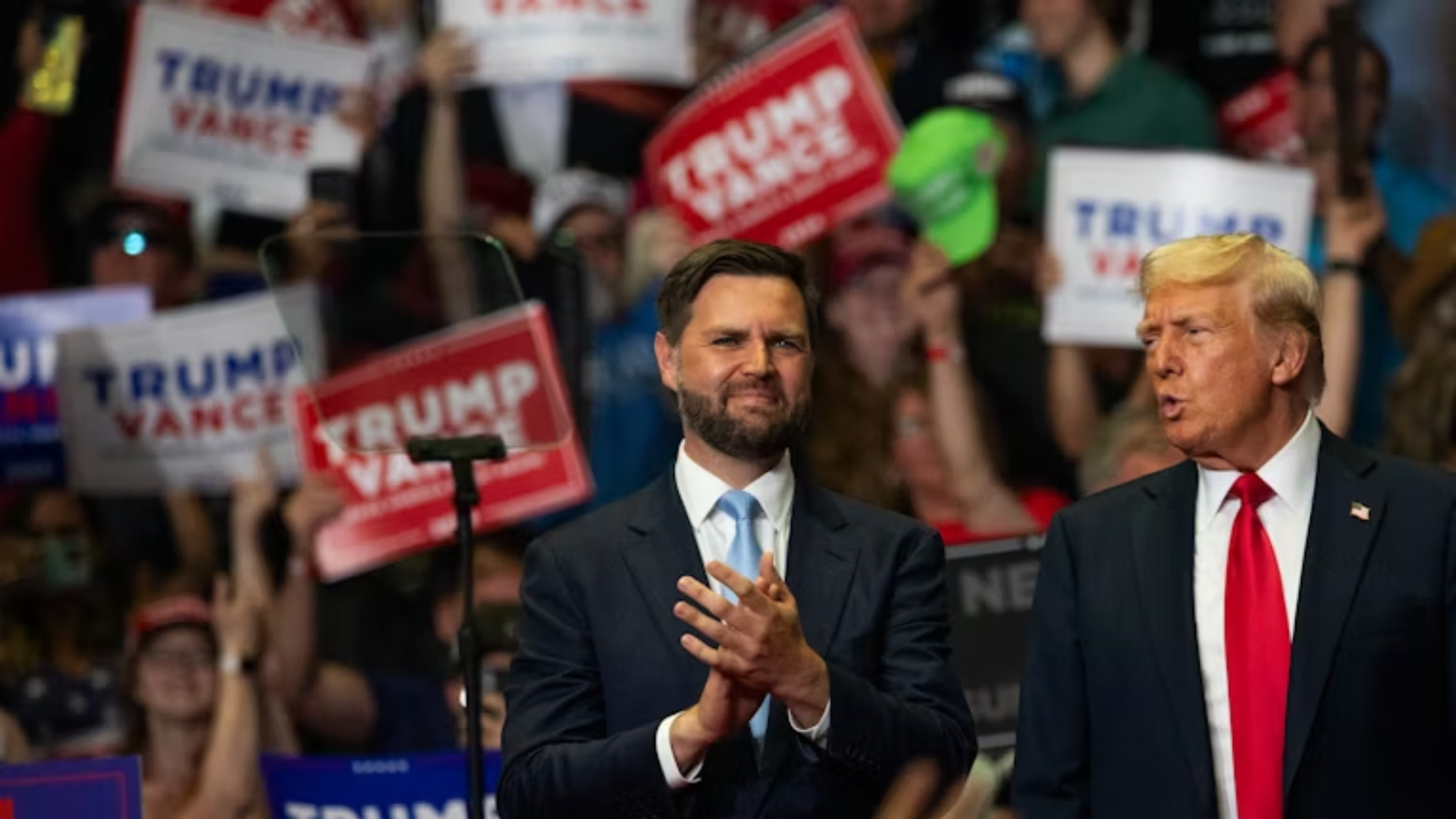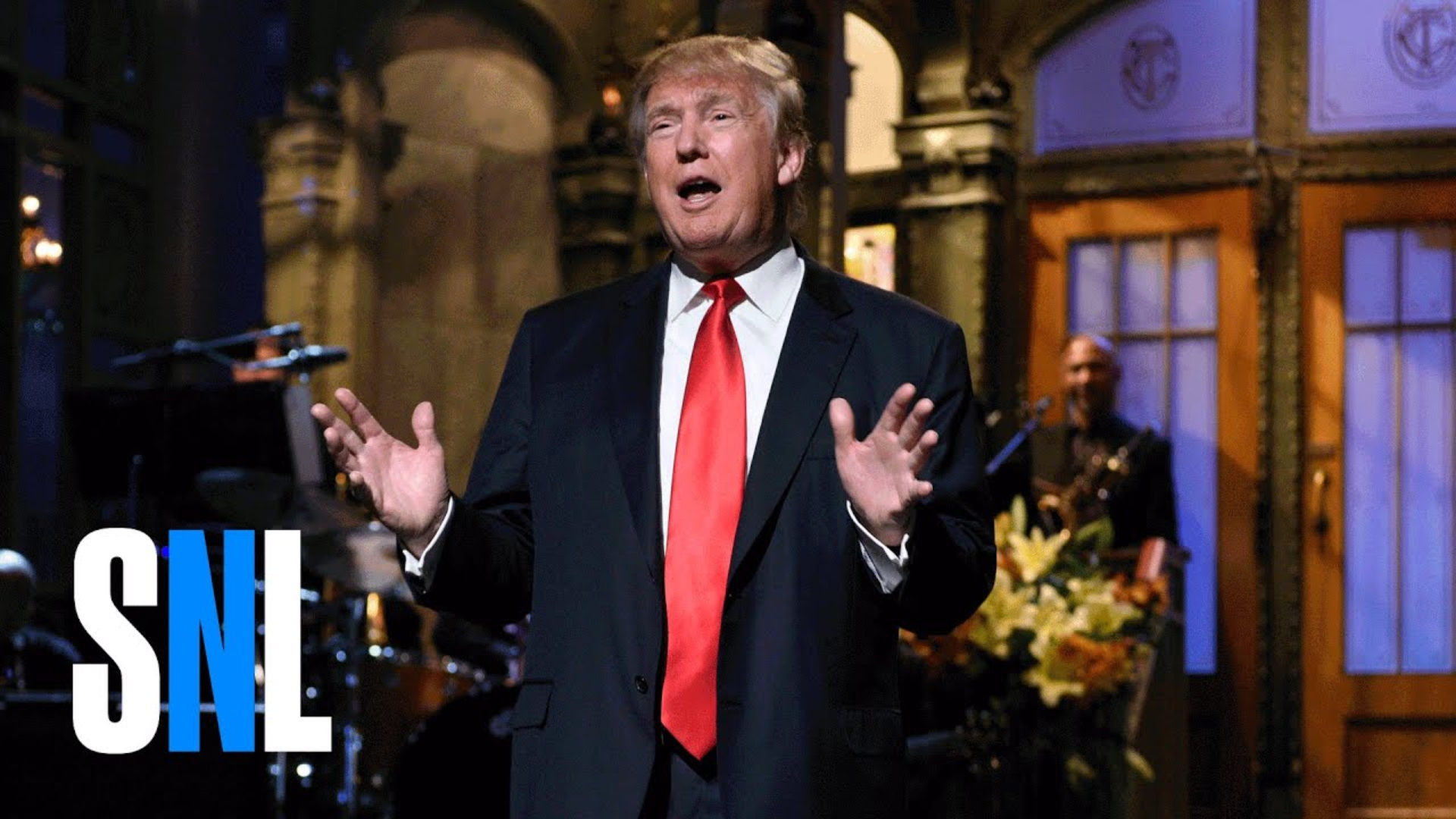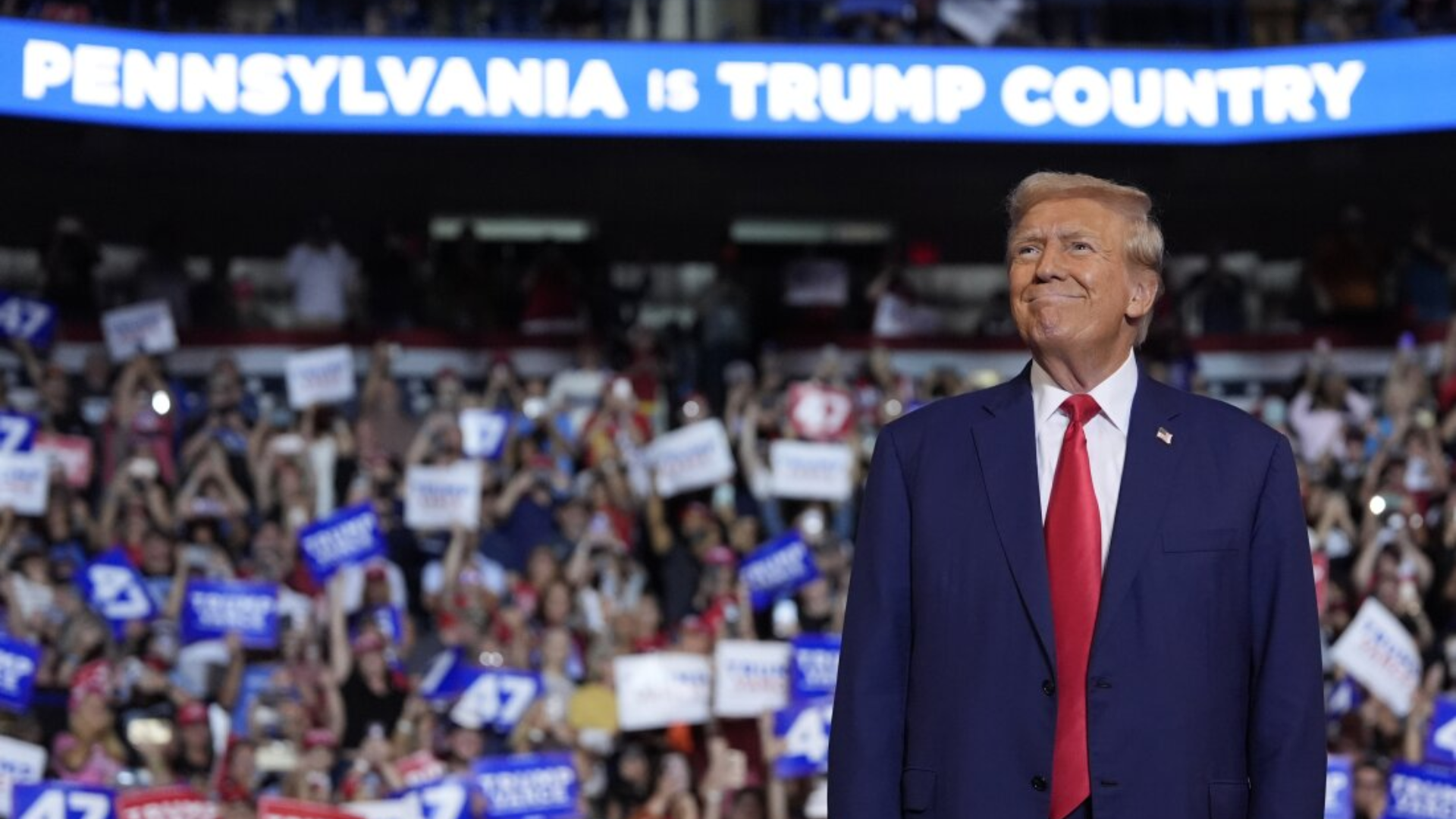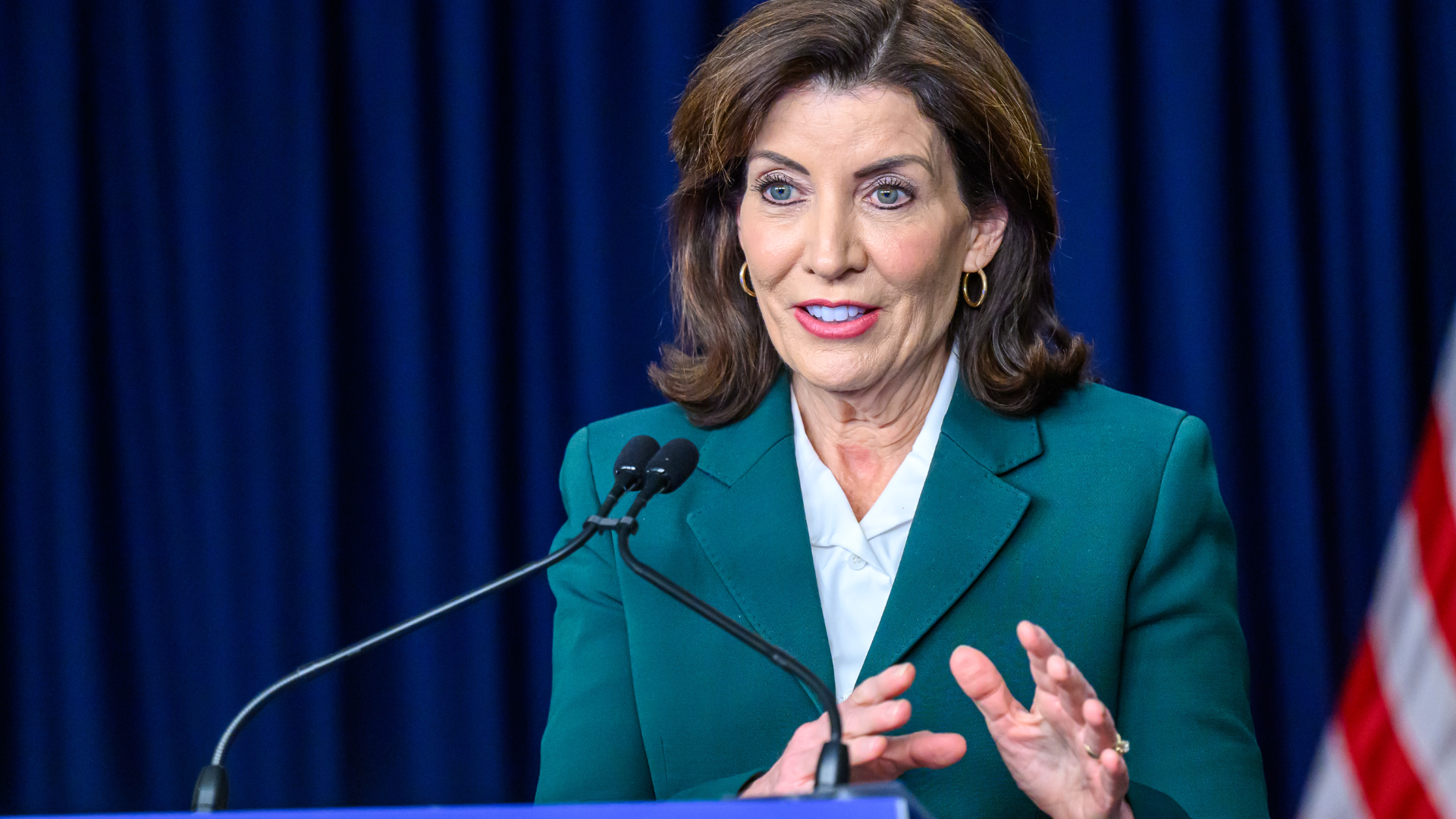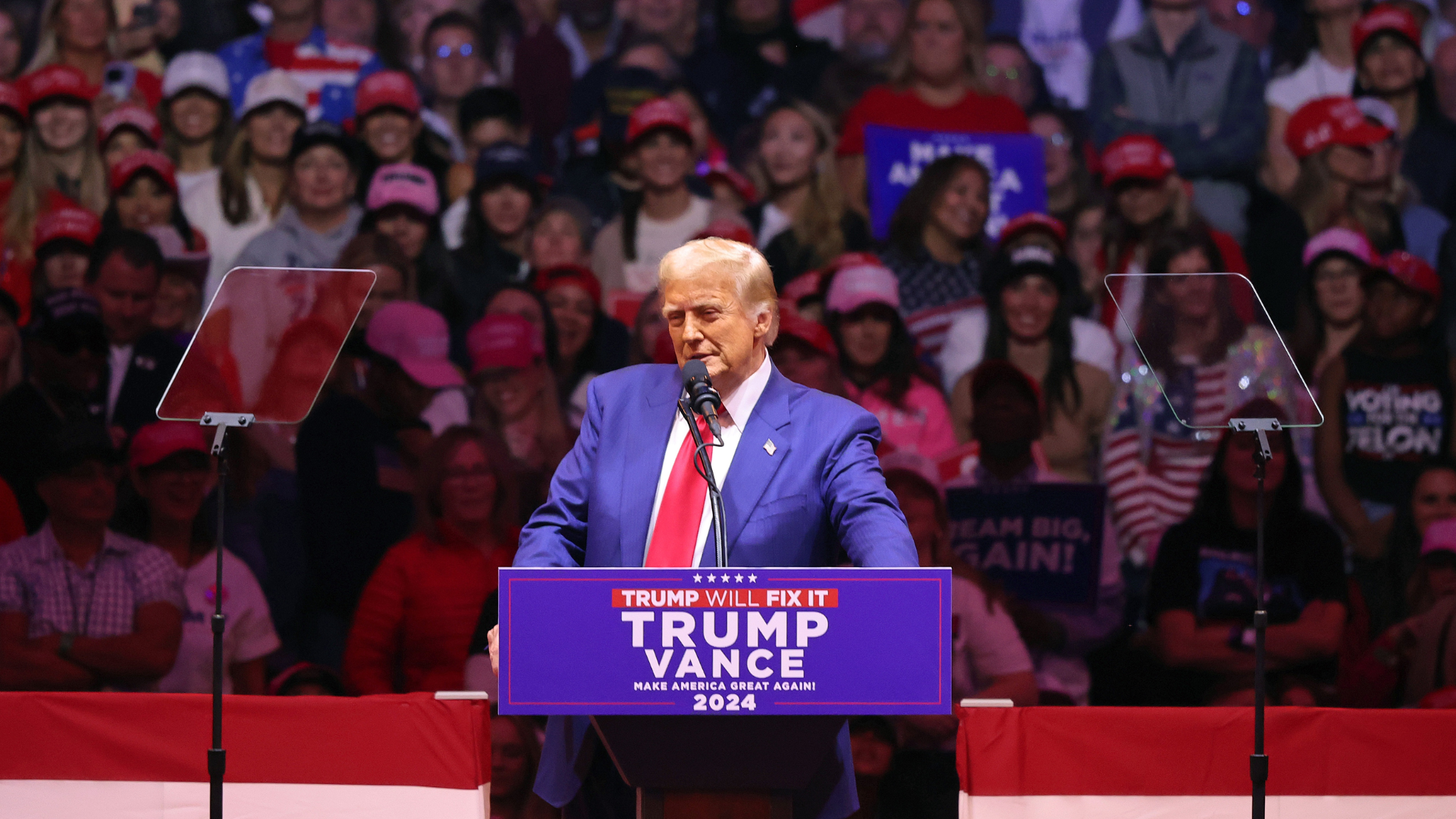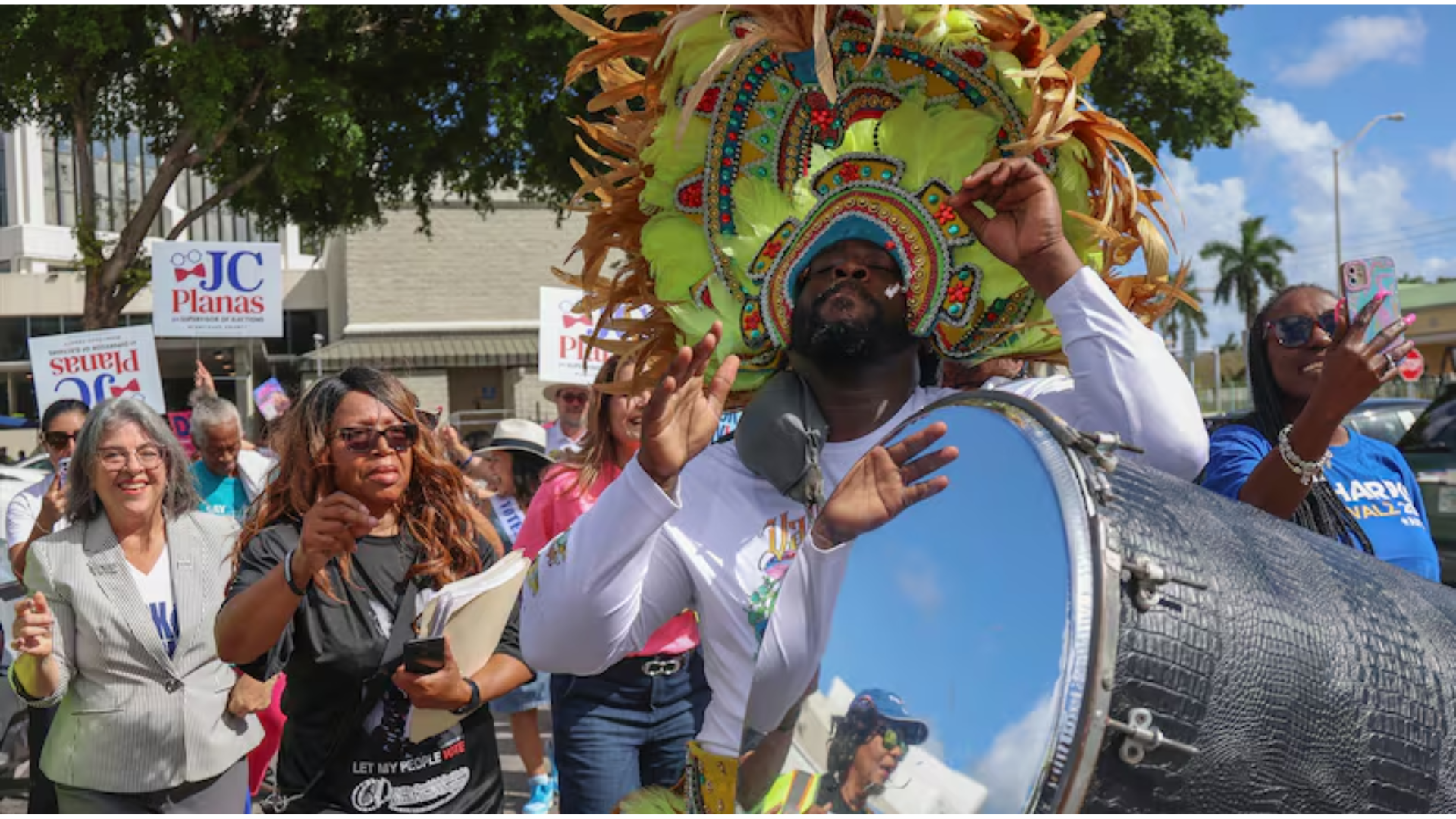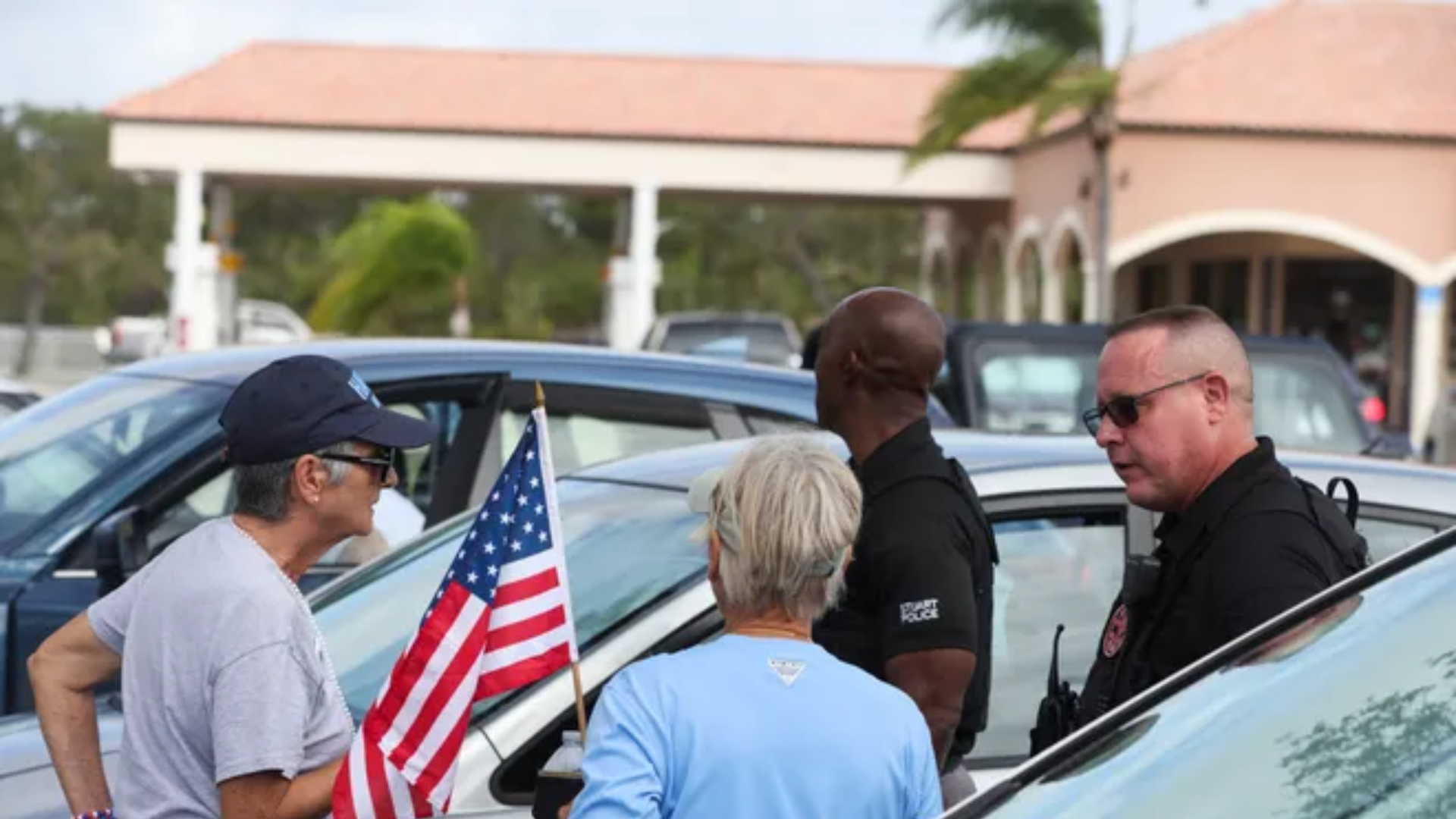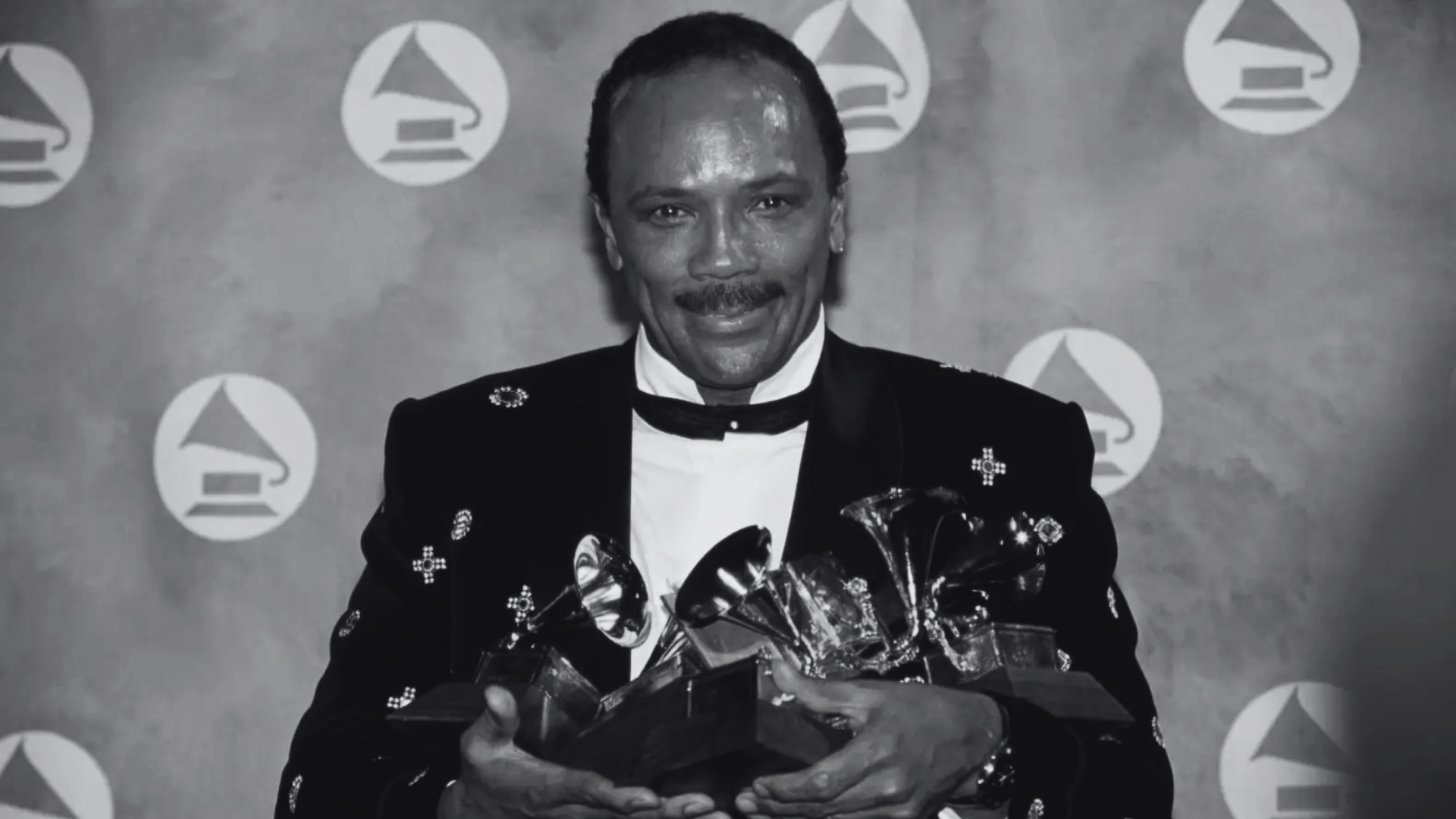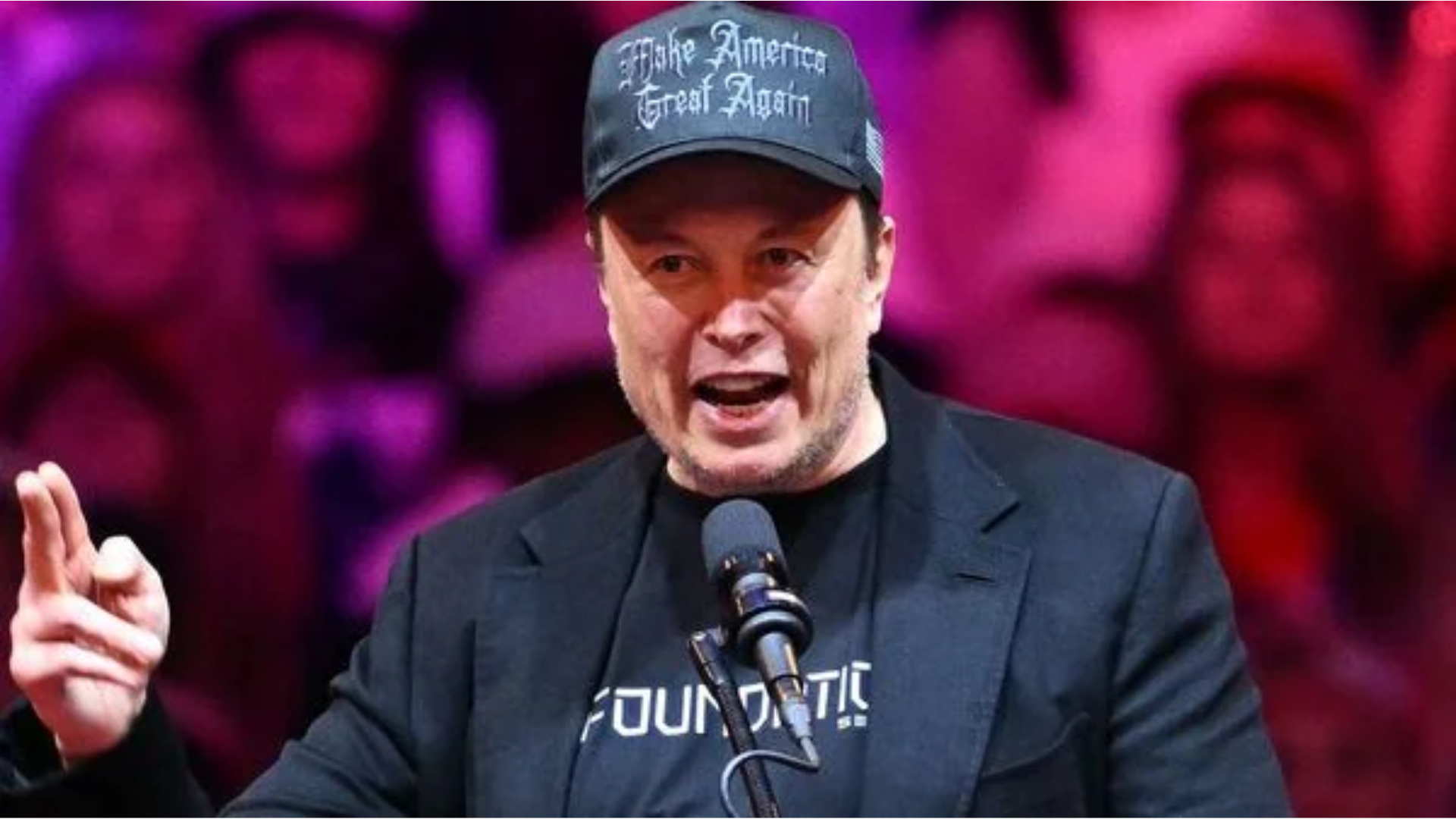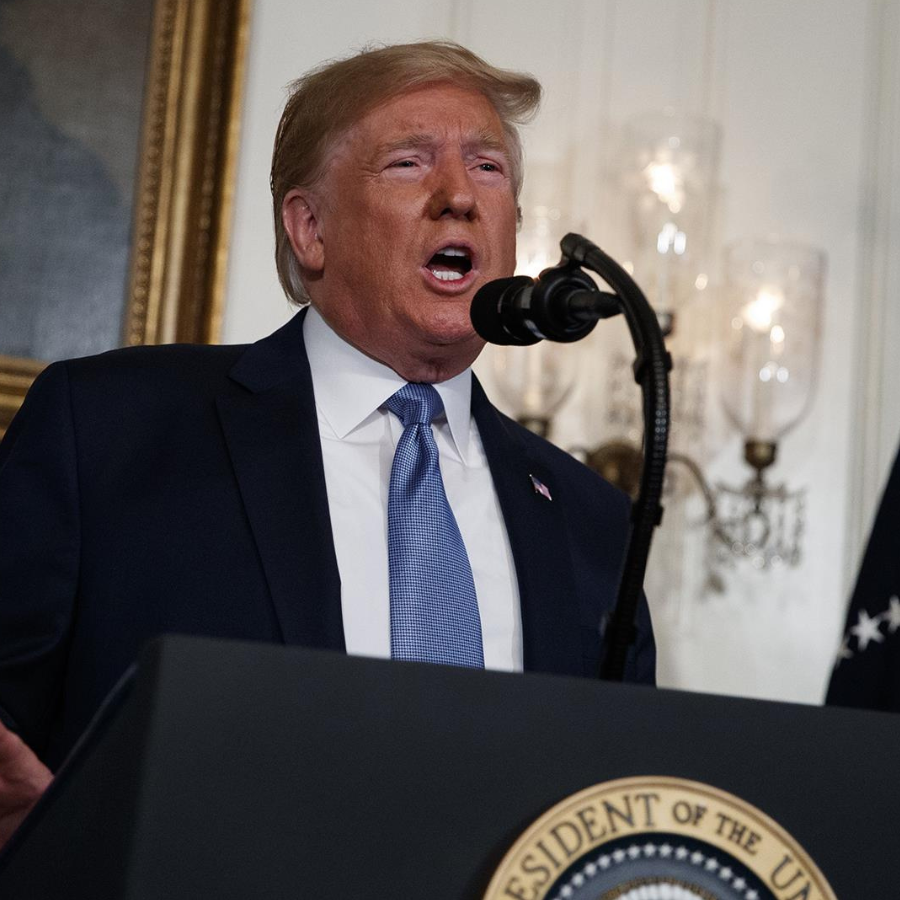
With rumors swirling that Donald Trump plans to ban violent video games, the gaming community is abuzz with concern over the potential impact on Millennials and Gen Z.
For many, video games are more than just a pastime—they’re a cultural cornerstone and a way to connect with friends, explore virtual worlds, and even build careers in streaming and esports.
So, what would a ban on violent video games mean for these generations, and is there any truth to these claims?
Trump has previously voiced concerns about violent video games, suggesting they contribute to real-world aggression. Some believe he might now be aiming to take definitive action, potentially targeting popular titles known for their violent content.
This could include games like Call of Duty, Grand Theft Auto, and Fortnite, which are not only beloved by gamers but also part of a multi-billion-dollar industry.
Millennials and Gen Z have grown up with video games as a fundamental part of their daily lives. These generations have embraced gaming as a social activity, and many have even turned gaming into lucrative careers.
If violent games were banned, it could have significant economic repercussions. The gaming industry is vast, providing jobs in development, marketing, and e-sports. For younger players, it’s also a primary social outlet.
A ban could leave a noticeable gap, affecting their social interactions and entertainment choices.
Banning violent video games in the U.S. would be a challenging task, legally and practically. Video games are protected as a form of free speech, as ruled by the Supreme Court in 2011.
This ruling makes it unlikely that a full ban on violent video games could be enforced without significant legal battles.
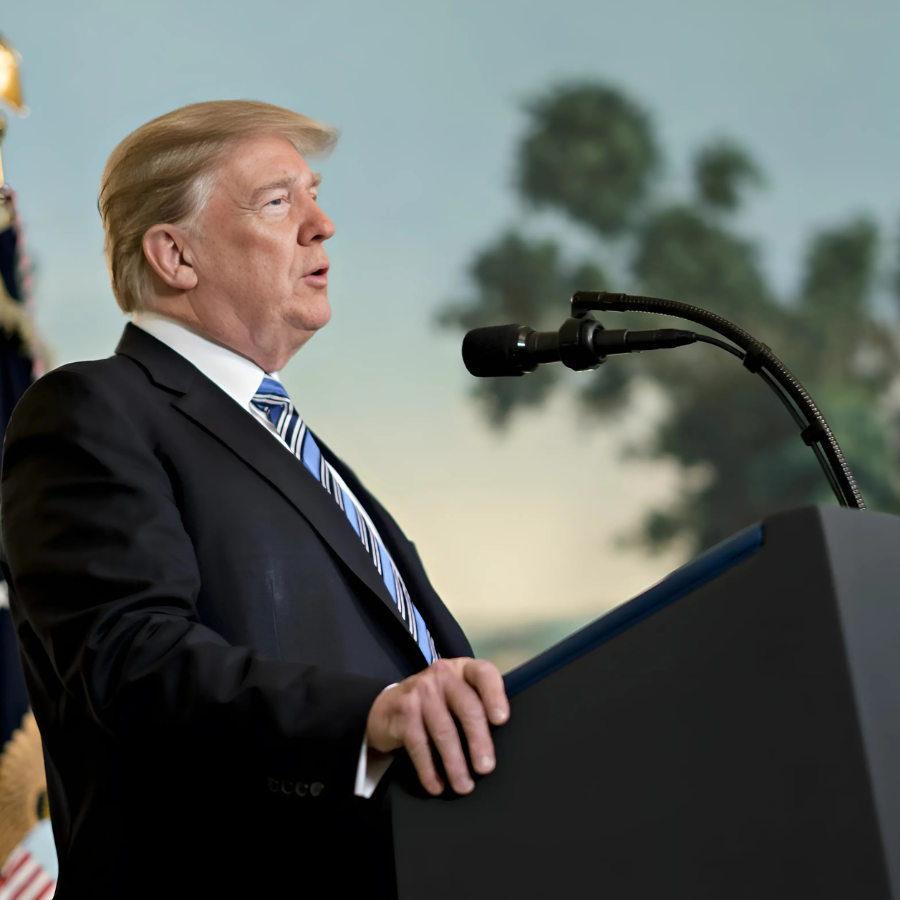
However, the administration could potentially influence the gaming industry through other means, like imposing stricter regulations on content or pushing for warning labels, which could affect how games are produced and marketed.
This approach wouldn’t result in an outright ban but could still alter the gaming landscape significantly.
Given the potential impact on younger generations, spreading awareness of this issue through social media is critical. Platforms like YouTube, TikTok, and Twitter could amplify the voices of Millennials and Gen Z, making it clear how such a ban would affect them.
Campaigns that bring together gamers, streamers, and influencers could mobilize the community, highlighting the broader consequences of banning violent games.
For now, the idea of a full ban remains speculative, but it underscores an ongoing debate over the role of violent content in entertainment.
Millennials and Gen Z could be facing a future where their favorite games are scrutinized, if not outright banned. While a direct prohibition seems legally unlikely, tighter regulations or pressures on game developers could bring subtle yet profound changes to the gaming industry.
The possibility of such a move has sparked concern, and with the right mobilization, these generations could push back against policies that would limit their access to the games they love.
As the conversation evolves, gamers are watching closely, prepared to defend the pastime they’ve embraced as their own.


